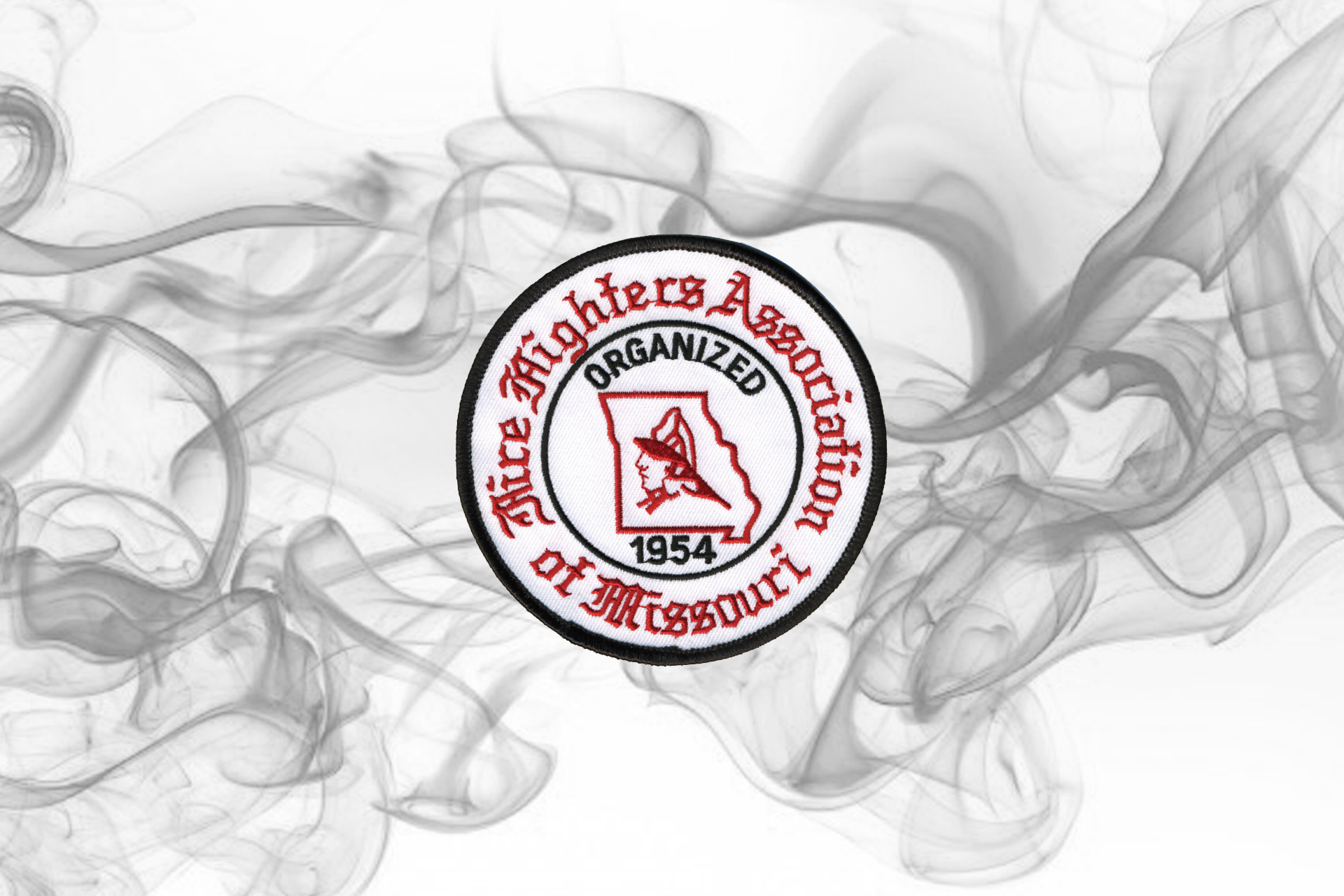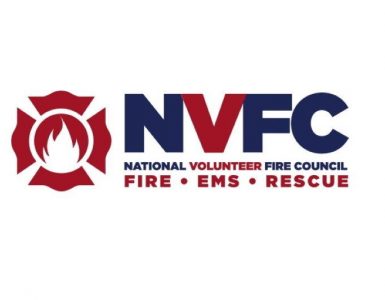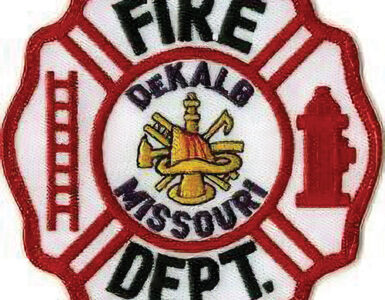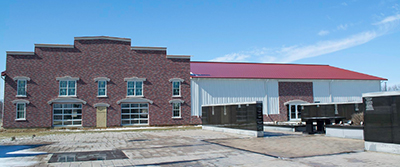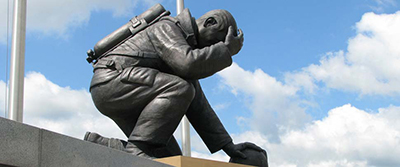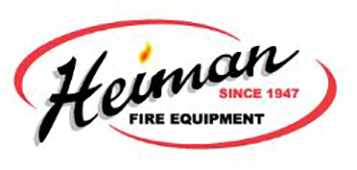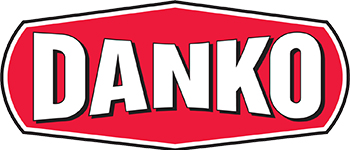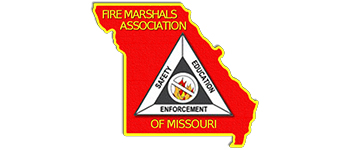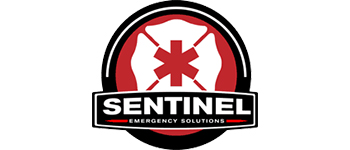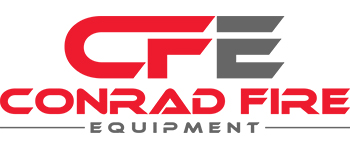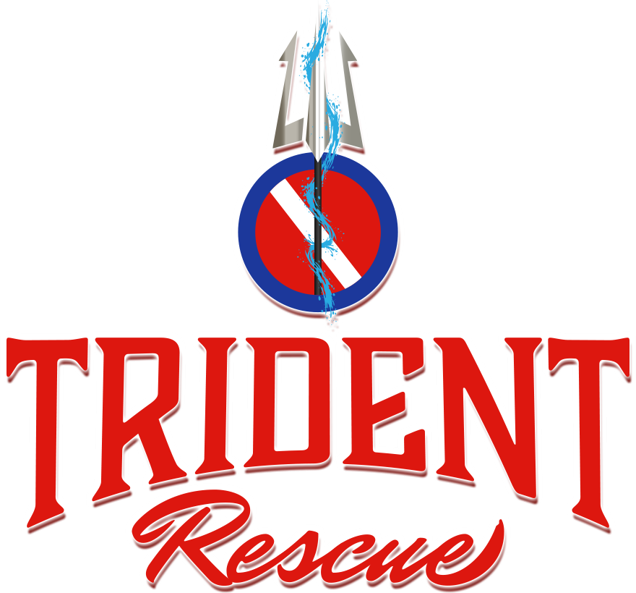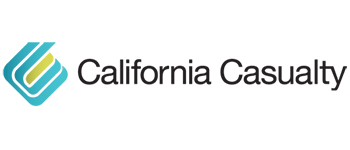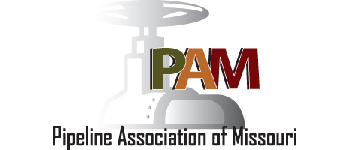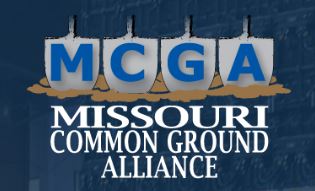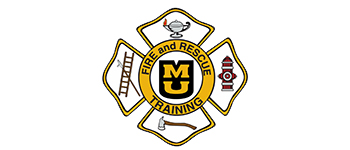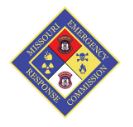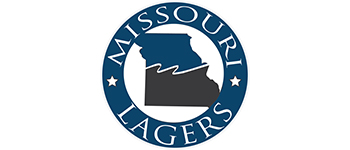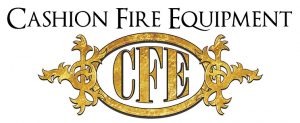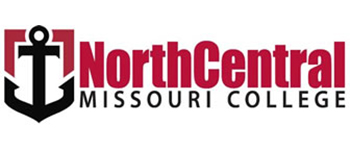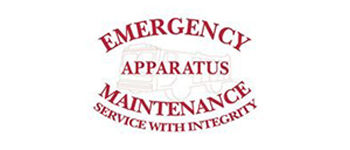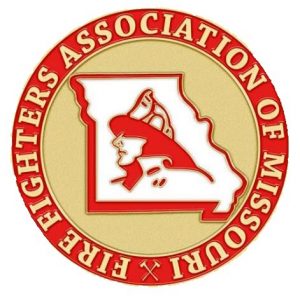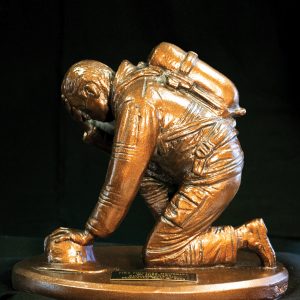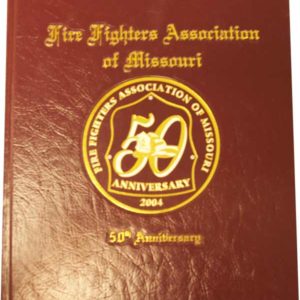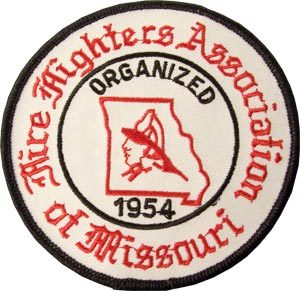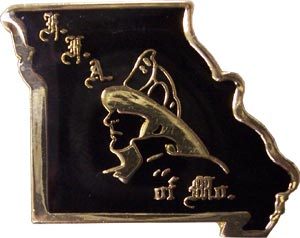This will be my last official rambling as the 1st Vice President. I have enjoyed sharing some thoughts with you over the past few years and I hope you have gained some additional perspective to use as you carry out your service to the citizens of Missouri and those passing through our great state. I appreciate the support I have received and the remarks provided concerning some of my musings.
This edition I want to visit with you about knowledge. We all likely have a pretty good understanding of the concept of what knowledge is so we won’t consult the dictionary for a long definition. How much knowledge is too much knowledge? Does knowledge equate to power? How can knowledge help or hurt an organization? How do we handle the knowledge we have? I am not sure that any person or the members of any organization can ever have too much knowledge. At times an overload of knowledge can slow down a process and may initially inhibit a decision from being made, but in the end, making informed decisions leads to informed actions and is the ideal way to proceed. Many of us have been involved in what I will call “knee-jerk” situations when events happen or information is provided in limited amounts that cause decisions or actions to take place. I would venture a guess if we each thought back to these situations most didn’t work out as planned or served the purpose we intended. Making new policies or other changes in an agency without as much knowledge as possible can often devastate the members and the organization over time. Gathering knowledge can be tedious and time-consuming, but being armed with the most knowledge available allows for better decision-making.
How many times have you either received a new policy or perhaps have seen the results of legislation that was enacted without being based on the most detailed available knowledge? When these types of things take place the intended result may be overshadowed by the negative aspects that were not fully understood at the time of execution. If you follow the legislative process or even if you are part of your department’s policy-setting process you will notice these normally do not get finalized “overnight”. Many steps are taken during these processes in an attempt to get things right and to attempt to foresee the consequences. Unfortunately not every possible result can be predicted, but by gathering the available knowledge and then actually using it in the decision process many pitfalls can be avoided.
There has been much discussion throughout the years about sharing knowledge you or an organization may possess. For many, it appears that the concept that they have certain items of knowledge that others may not currently have positions them in a position of power. Being a realist, I certainly believe that all bits of knowledge may not be appropriate to share at all times, but at some point during the process or implementation, sharing that knowledge can both make the “product” better and stronger and can help provide a higher level of “acceptance” by those affected by the “product or change”.
Unfortunately, there are far too many in this industry that horde bits of knowledge as a way of “maintaining power”. I believe if this is your overall management plan then you should probably evaluate your impact on the fire service. This is true from the top down or the bottom up. Without an equal sharing of available knowledge, at the appropriate time, many “best-laid plans” end up in a miserable mass of despair and agony.
Knowing rarely is a bad thing for an organization, but not knowing can have dire results for any organization. Let’s look at the example of a governing body, city council, a district board of directors, committees, etc., that is unprepared in the proper methods of conducting business.
Without the knowledge of the various statutes and regulations that govern most public and some private governing bodies it only takes one miscue and fines, jail time, loss of public trust/support and general embarrassment can quickly flood in. This can also be the case on another level when our personnel is kept in the dark, but held to standards they were never aware of, or no knowledge concerning them has been shared. The most tragic piece of not knowing is the loss of the life of one of our own because actions were taken without the knowledge or complete understanding of the situation at hand. The knowledge gained from training, pre-plans, and discussion of past responses all go toward helping each of us return safely from incidents. So I recommend that no organization or any individual member pass up the opportunity to gain knowledge, put that knowledge to work, and share your knowledge.
So it comes down to how we handle the knowledge we each have. Do we “pool” it so we can all benefit or do we “compartmentalize” it so we feel a little “power” and have little regard for those around us that could benefit? I would hope that your reaction here would be to stand up and take a stance to gain and share knowledge and be as prepared as we can for this ever-changing industry. We must remember that knowledge is dynamic and even though you had some knowledge at some point, you are far better off keeping up with the changes and adjusting your knowledge bank regularly. For those that have been around “forever” remember you have had experiences and knowledge that the new member has only dreamed of. For you new members, you are bringing experiences and knowledge with you that can affect the industry, and many things you know of concerning technology and current trends may not be something others have. Neither group should shield their knowledge from others if we want this industry to stay vibrant and continue to prosper.
Seek out knowledge, use the knowledge, and above all share the knowledge. We will all be better at what we do by following this simple idea. As always, if I can be of assistance to you or your agency please contact me.
Be Safe!


